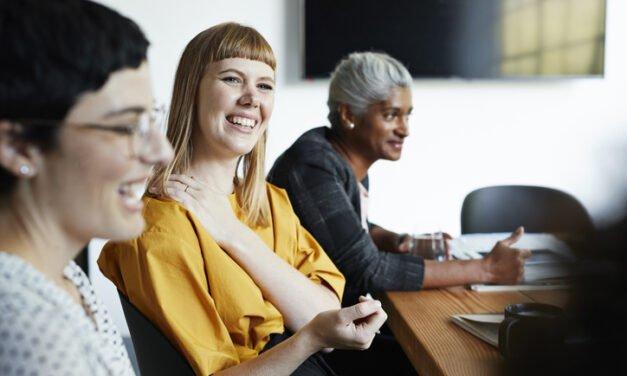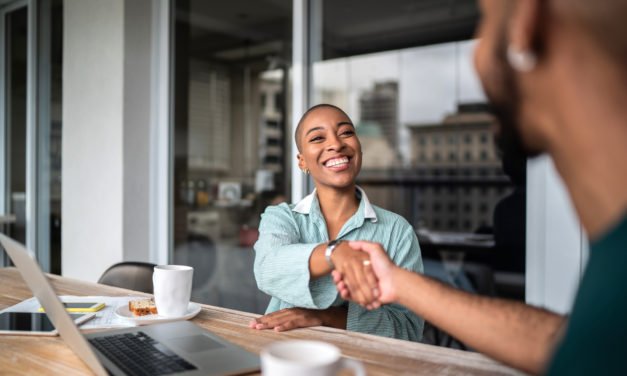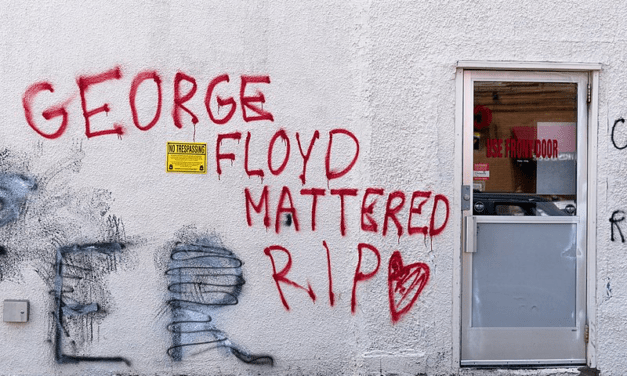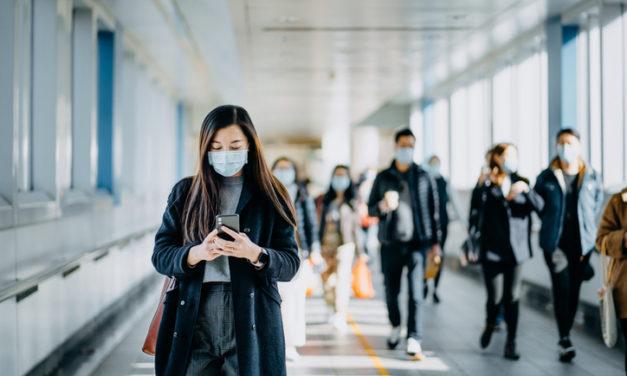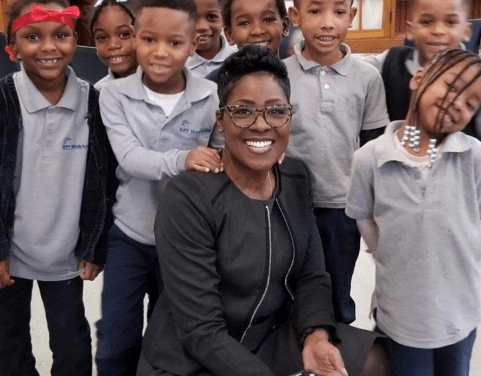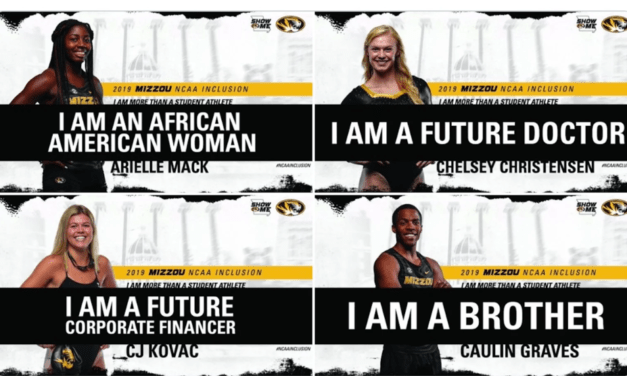A Point of View: Not Another Post on the Demise of DEI: A Call to Leaders and Practitioners for a Reframe for Wellness
As we continue to repost and share our two cents on articles, and navigate the ebbs and flows of our political reality, I urge us to reflect: how is our sharing about resistance perpetuating resistance? Who are we actually benefiting from spreading negative rhetoric?
Read More
